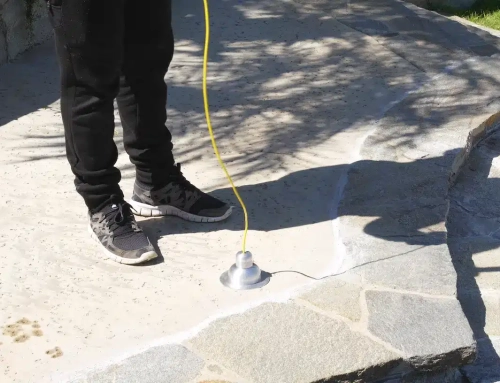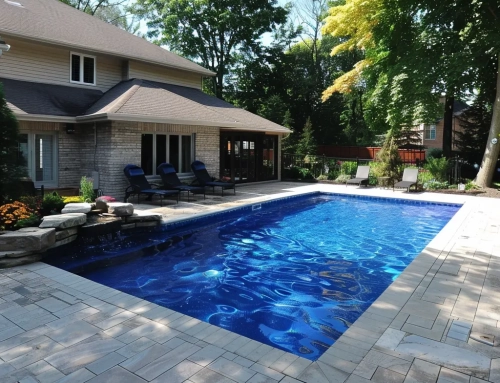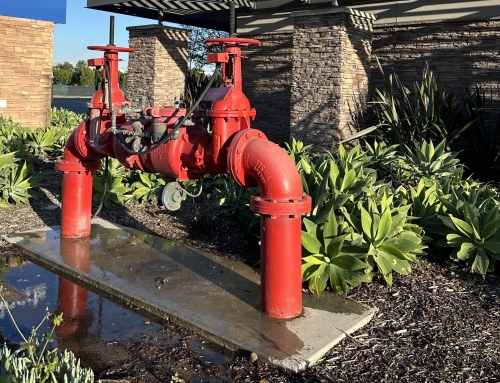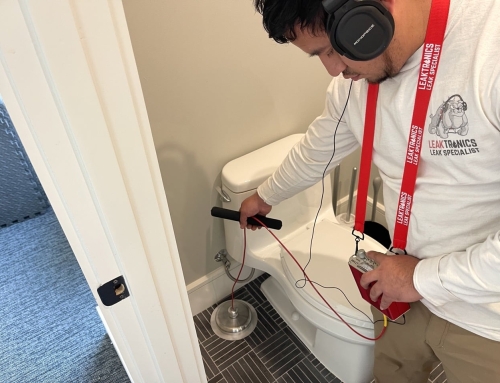When pool levels drop, say 3 inches of water a week, there are a number of instances that can be causing water levels to fall. There is splash-out, which is common for active pools. Everyone takes a little with them when they exit the pool, and who can go a day in a pool without a cannonball or the Nestea Plunge? Then we get evaporation; especially in California where waves of heat and sunshine cause water to just, literally disappear. The question is, how much water are you losing, and how much are you putting backing on a regular basis?
There are a number of reputable sources online that will discuss average levels of evaporation in your area for pool water. If, during those oppressively hot days, you are aware of adding water to make up for the losses discussed above, but see yourself still adding water on cooler days, or days the pool isn’t heavily used – you’ve likely got a leak.
Don’t panic! Leaks come in all shapes and sizes, and because pools sit over time, small things can cause easy to fix leaks. It’s likely time you called a professional leak detection service. Using the latest technologies in listening for leaks, companies that use LeakTronics Swimming Pool leak Detection Equipment are prepared to find leaks in any circumstance, not matter how big or small. In pipes, in the pool shell or in the equipment, a proper leak detection will address all of these areas and get to making repairs.
Before your leak detection technician arrives, make sure your pool is filled to its proper level. There are a number of reasons why, but know that having a filled pool is the only way to perform a proper leak detection.
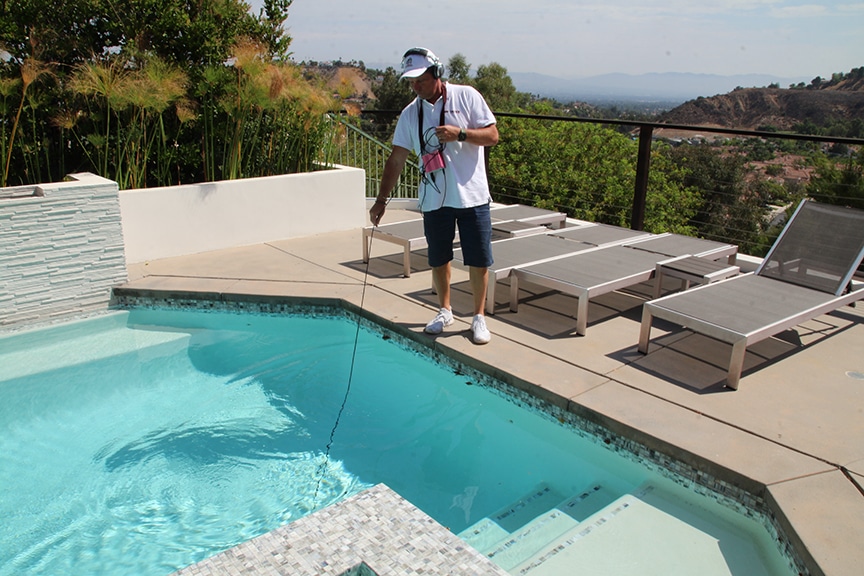
When using highly sensitive listening equipment, like LeakTronics Pro Complete Leak Detection Kit, the weight of the water in the pool is going to push out of the leak and the technician can hear it. That pressure makes an easily audible noise that gets picked up by listening with LeakTronics hydrophones. These microphones are designed to go in the water so the technician doesn’t have to. By listening along tile lines for water that is escaping through a cold joint, or by listening on drains and around return fittings, side suctions and lights, the technician will hear even the smallest seeping water leaks. Water weights roughly 8 and a half pounds per gallon. Multiplied by the surface area of the pool, that’s a reasonable amount of pressure to make a leak scream.
If your pool water has dropped to the level where the leak occurs, there is no pressure pushing out of the leak and hearing it will be near impossible. While it may seem that knowing where the water stopped dropping to would tell you where the leak is, there are many factors that could stop the water at that level and only by listening in the pool will anyone know for certain.
Your leak detection technician will listen in the skimmer, on the main drain and at return fittings. They will look over your equipment, valves, pipes and areas where plastics protrude through the pool. Seals and fittings can wear over time and rubber rings that might keep water from penetrating lights or skimmer throats may have simply worn with chemical use in the pool, sunlight exposure or time. By listening at all these areas, leaks will be discovered and the reason for water loss will be determined.
When it comes to repairs, don’t take the easy way out. Epoxies are temporary repairs and will ultimately fail again. Fixing structural cracks, replacing skimmers and broken pipes are the only way to guarantee the area that has sprung a leak will be properly repaired. Talk with your leak detection technician and if they aren’t prepared to make repairs, they will give you a detailed explanation of where and why your pool is leaking and you can bring that information to a repair specialist.
What’s important is, if you are adding 3 inches of water a week to your pool, consider having a proper leak detection performed before you find yourself adding 6 inches or more with extensive damage occurring. Pools can last a lifetime if you maintain them, and a proper leak detection is going to help you do that.
Visit LeakTronics Find-A-Pro page and locate a certified leak detection professional who can perform a non-invasive leak detection on your pool.


